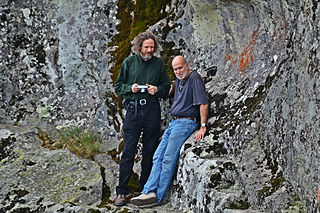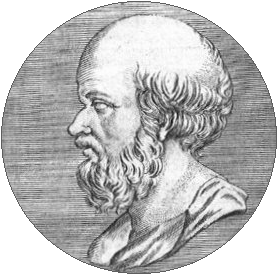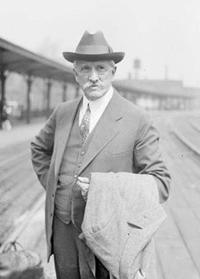A Quote by Herodotus
Related Quotes
Dinocrates did not leave the king, but followed him into Egypt. There Alexander, observing a harbor rendered safe by nature, an excellent center for trade, cornfields throughout all Egypt, and the great usefulness of the mighty river Nile, ordered him to build the city of Alexandria, named after the king. This was how Dinocrates, recommended only by his good looks and dignified carriage, came to be so famous.
A good friend of mine told me you should take a break and you should go see the world. Go somewhere. That is when I chose to go to Egypt, and so I took this beautiful trip to Egypt. It was the first time ever in my whole life I took three weeks off, and I sailed down the Nile and I saw the tombs and the temples, and I experienced a place that was so magical and so incredibly powerful and intelligent and inspiring.
Is not the midnight like Central Africa to most of us? Are we not tempted to explore it,--to penetrate to the shores of its Lake Tchad, and discover the source of its Nile, perchance the Mountains of the Moon? Who knows what fertility and beauty, moral and natural, are to be found? In the Mountains of the Moon, in the Central Africa of the night, there is where all Niles have their hidden heads. The expeditions up the Nile as yet extend but to the Cataracts, or perchance to the mouth of the White Nile; but it is the black Nile that concerns us.
The Nile Project is the performing side of an effort that also includes education in music and environmental issues, raising awareness of the entire Nile basin as an ecosystem. With such vibrant music, the good intentions were a bonus; the Nile Project was a superb example of what I call small-world music, of what happens to traditions in the information age.
All is made clear,regarding Abraham and Sarah's traversal into Egypt, when we realize what biblicists meant by the term "Egypt." As Ralph Ellis so brilliantly points out, the name Egypt was employed by the composers of the Old Testament to denote Thebes in Lower Egypt. This was the city and region controlled by the adversaries of the Hyksos. It was considered a separate region, with different rulers, gods, customs, and politics. So, it was not the country of Egypt that Abraham visited, but Thebes within Egypt.







































